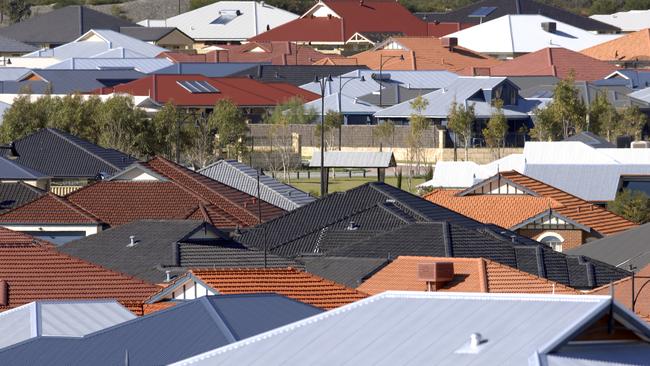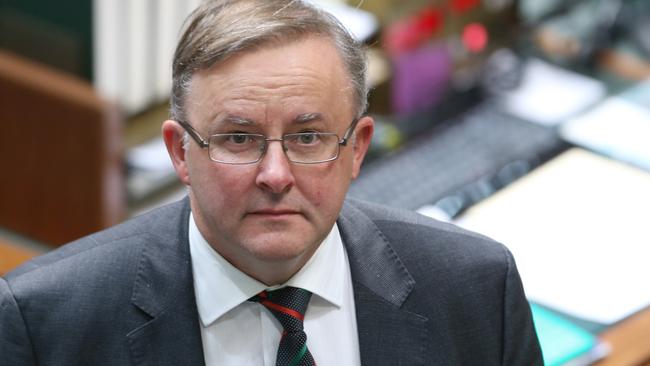Greens call for end to property negative gearing to help with housing affordability
THE AUSTRALIAN Greens want negative gearing abolished on new housing investments, saving nearly $3 billion over four years.

THE GREENS want negative gearing abolished on new housing investments, saving nearly $3 billion over four years.
The party has had the proposal costed by the independent Parliamentary Budget Office, arguing generous subsidies to investors have driven up the cost of housing.
“We don’t think this should continue into the future — $3 billion we could be spending on housing affordability and housing the homeless,” deputy Greens leader Scott Ludlam told ABC radio on Sunday.
“I don’t think it’s fair that low and middle income taxpayers should be subsidising property investors and that’s really at the heart of why we’re making this proposal,” he said.
Senior Labor frontbencher Anthony Albanese said the government needed to consider the supply side of housing and not just tax.
“You would have to look as to whether any changes would have an impact in terms of supply, in terms of investment in housing,” he told Sky News.
He said not all people benefiting from negative gearing are big investors, many are “mum and dad” investors.

The Chief Economist at Bank of America Merrill Lynch Saul Eslake says more than 90 per cent of geared investment went toward established property, Sky News reports.
He said geared investment inflated house prices.
Mr Eslake also warned that around 15 per cent of voters were negative gearers, which poses a conundrum for politicians.
“No government or party aspiring to be in government could afford to alienate such a large section of the electorate,” he said.
The debate comes amid suggestions Sydney is in the midst of a housing bubble.
But Assistant Treasurer Josh Frydenberg believes there is no housing bubble in Sydney.
John Fraser last Monday told a senate hearing in Canberra that Sydney and wealthier parts of Melbourne are “unequivocally” in a housing bubble.
Mr Frydenberg told the ABC he didn’t think that was the case, arguing “housing prices have gone up, but it went up higher in the early 2000s.”



